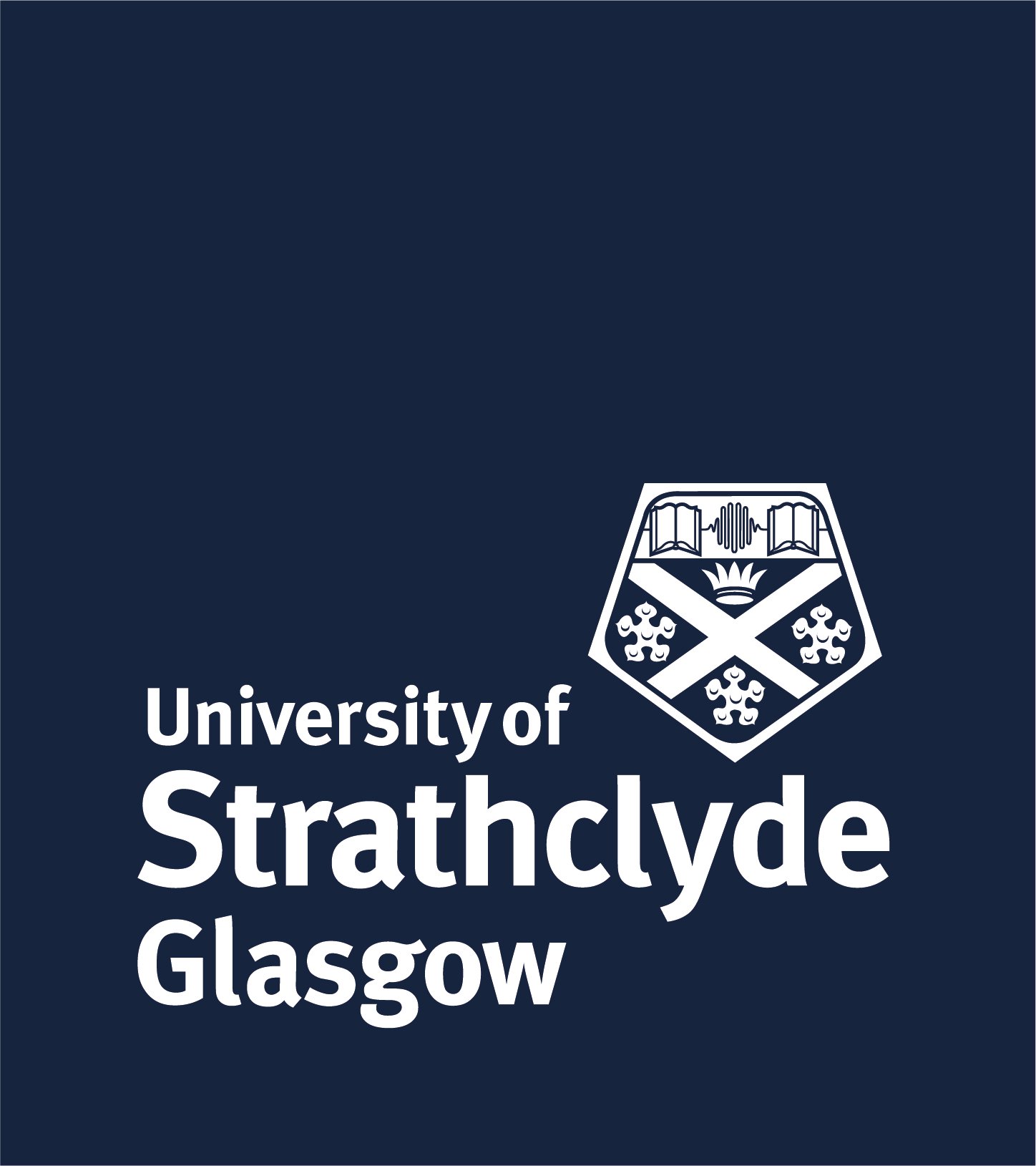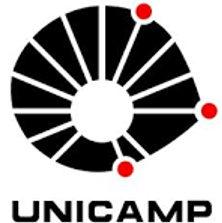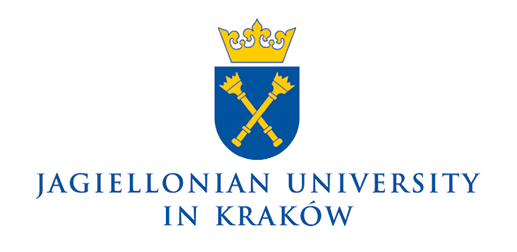GEN-MIGRA is a ground-breaking research collaboration that seeks to transform our knowledge about migrant women’s vulnerabilities and strategies to navigate new social risks during the Covid-19 pandemic.
The Covid-19 pandemic represents a major health challenge which has worsened existing inequalities globally, including gender inequalities. Women have been at the forefront of key sectors which have been hardest hit by the pandemic, while also experiencing increased care responsibilities and heighted risks of domestic abuse and violence.
Drawing on the experience and expertise of partners across six countries, GEN-MIGRA aims to generate new evidence co-produced with migrant women and their families to inform concrete policies and practices which will improve the lives of migrant women, their families and the communities in which they live.
Although it has been reported that women and migrants have shouldered the greatest burden during the pandemic, there has been limited research on the impact of the pandemic on women migrants. Women may migrate for better work opportunities, to seek social protection or as part of care networks.
GEN-MIGRA will address this gap by exploring the challenges the Covid-19 pandemic and related mobility restrictions have posed for women’s mobilities, work, transnational care obligations, safety and wellbeing. We will work with migrant women themselves and their families to address this important gap.
The project also examines the state responses to the Covid-19 pandemic in six countries: Germany, Brazil, Poland, Spain, Portugal and the UK. In doing so, we aim to create new knowledge on global challenges and gendered consequences of Covid-19. In many countries, these consequences also intersect with other concurrent transformative events, such as Brexit in the UK or the refugee crisis after the Russian invasion of Ukraine.
GEN-MIGRA seeks to translate this knowledge into gender-responsive policies which will help tackle the vulnerabilities experienced by migrant women and their families. We will build this evidence by working closely with women migrants, their children and other family members and NGOs supporting migrant groups.
Thank you for your interest in our project.
Join our mailing list to stay updated on the work of the project and for details regarding our upcoming events.
GEN-MIGRA is receiving funding through the Trans-Atlantic Platform (TAP) for Humanities and Social Sciences, an unprecedented collaboration between humanities and social science research funders from South America, North America and Europe.
The project is funded by four major funders: DFG (Germany), FAPESP (Brazil), NCN (Poland) and UKRI-ESRC (UK).









